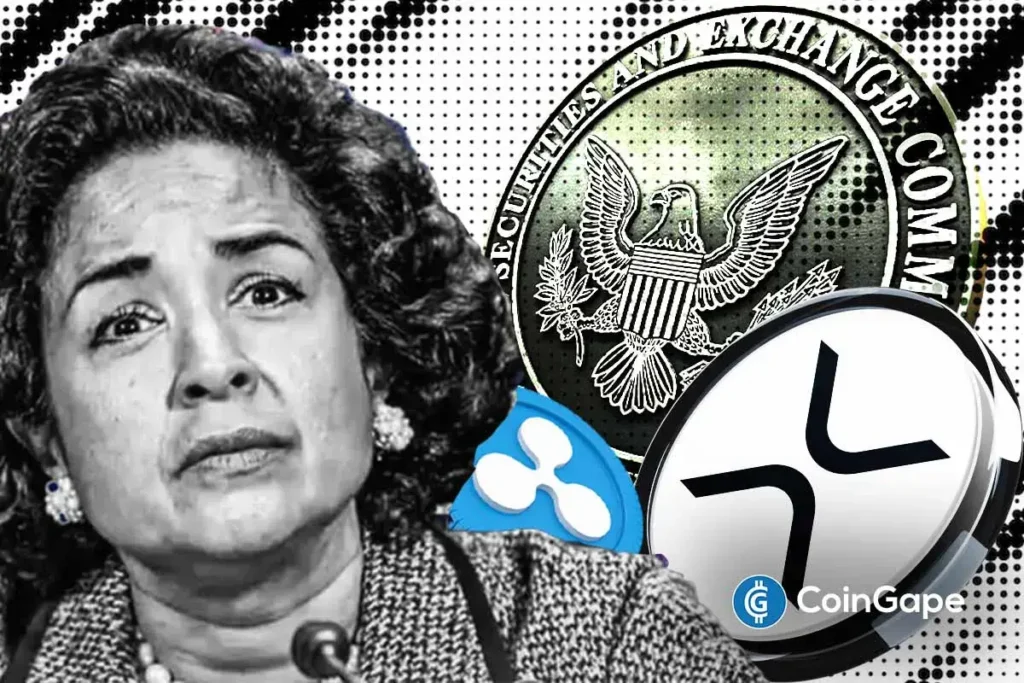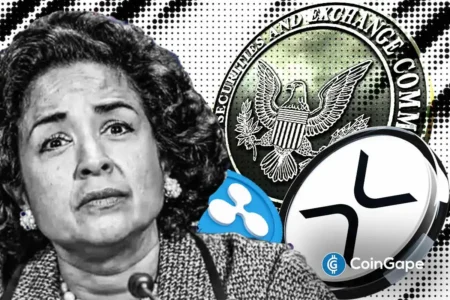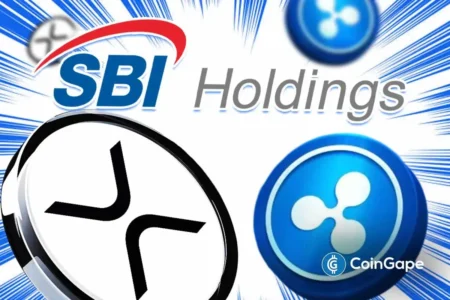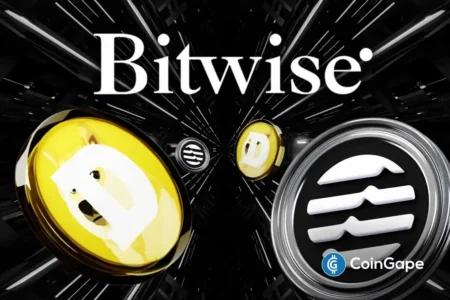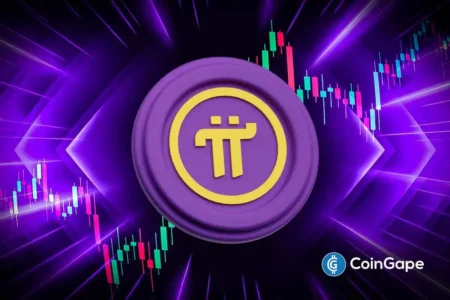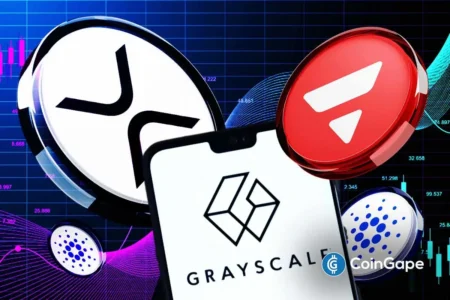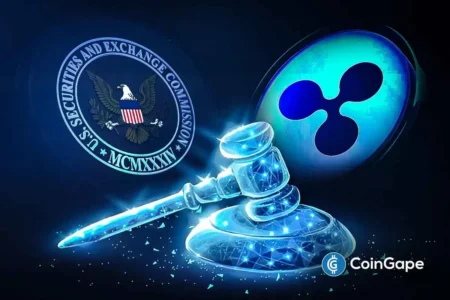Understanding the XRP Lawsuit: Key Insights from Judge Torres’ Decision
The ongoing legal battle surrounding XRP, the cryptocurrency developed by Ripple Labs, has captured significant attention as it faces scrutiny from the U.S. Securities and Exchange Commission (SEC). Recently, a pivotal moment in this lawsuit emerged when Judge Analisa Torres chose not to dismiss the case, an outcome that has both puzzled and intrigued the XRP community. Former SEC lawyer Marc Fagel shared valuable insights into the reasoning behind the judge’s decision, highlighting the legal implications for Ripple.
Why Judge Torres Did Not Dismiss the Case
Judge Torres’ recent decisions in the Ripple lawsuit have sparked a heated debate among stakeholders. According to Marc Fagel, the former SEC attorney, the judge’s reluctance to drop the case stems largely from her finding that Ripple allegedly raised substantial funds through unregistered securities sales. This crucial point suggests that the judge saw evidence warranting a deeper investigation into Ripple’s fundraising practices. As Fagel emphasized, “Why would she drop it?” The implication is that with raised concerns about investor protection and regulatory compliance, the case remains an important matter for legal scrutiny.
Ripple’s Recent Developments in the Lawsuit
In a recent turn of events, Judge Torres rejected a joint motion from Ripple and the SEC, prompting Ripple to halt its appeal processes and accept a $50 million penalty. This dramatic shift in Ripple’s strategy indicates the serious nature of the allegations and the potential consequences of the legal findings. The XRP community has voiced concerns not just about the immediate financial penalties but also about the broader ramifications for similar cryptocurrency projects navigating regulatory landscapes.
Examining the SEC’s Objectives
The lawsuit has prompted various discussions about the SEC’s role in protecting investors and ensuring fair market practices. Some users on social media have questioned whether the lawsuit aligns with the SEC’s objectives, noting the significant resources spent on this ongoing legal battle. In response, Fagel pointed out that compliance with existing laws is essential, advising that if companies disagree with those laws, they should seek to change them rather than disregard them. This perspective emphasizes the importance of regulatory foundations for stability in financial markets.
Institutional Sales and Their Regulatory Impact
A critical aspect of Judge Torres’ ruling is her classification of XRP’s institutional sales as securities offerings. This designation places Ripple at a junction where it must either cease these sales or conform to securities laws. The potential for a permanent injunction signals a significant shift in how Ripple may operate in the future. Legal expert Bill Morgan, weighing in on the lawsuit’s consequences, articulated that injunctions typically aim to restrain both present and future conduct. This carries significant implications for Ripple’s operational trajectory moving forward.
Future Considerations for XRP and Ripple
While many in the XRP community speculate on the future of the cryptocurrency, the ruling’s ramifications continue to dominate discussions. Ripple is now faced with the challenge of navigating a market that may be significantly altered by legal requirements. Industry observers are closely monitoring Ripple’s responses to this situation, which may involve adopting compliance measures. The broader questions about the future of XRP’s sales, both past and present, are now more pressing than ever.
Conclusion: The Road Ahead for Ripple in the XRP Lawsuit
As the Ripple lawsuit progresses, it presents a unique intersection of law, finance, and cryptocurrency. Judge Torres’ decision not to dismiss the case reinforces the SEC’s commitment to hold companies accountable for adherence to securities laws. The outcomes of this high-profile case are likely to set precedents that will impact not only Ripple but also the wider cryptocurrency ecosystem. Stakeholders must remain vigilant, as regulatory frameworks continue to evolve, shaping the future landscape of digital assets.
In summary, the XRP lawsuit holds substantial implications for both Ripple and the cryptocurrency sector overall, making the actions of Judge Torres and the SEC pivotal for the future of financial regulations in the digital age.







